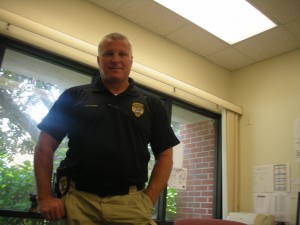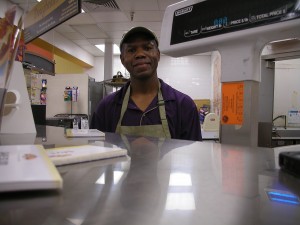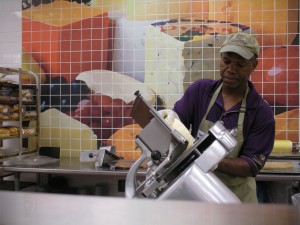Though not a traditional news outlet by any means, BusinessWeek, which covers everything from economics to corporation trends, has a stringent set of guidelines they task their journalists with following. BusinessWeek’s Code of Journalistic Ethics looks similar to the majority of those ‘traditional’ outlets I referenced previously — and was much easier to find, too. Their code refers to the ‘unique brand of journalism’ they cover, and while all the typical tenants of a code of ethics are present: integrity, honesty, accuracy, and fairness among them, it contains a heavy slant of business journalism ethics.
- As it is in all news outlets, BusinessWeek finds it important to differentiate between advertising and editorials. However, this is all that much more important for a publication of BusinessWeek’s ilk. As they cover a far greater number of corporation trends and going-ons then most outlets, it’s tantamount for BusinessWeek to make sure they don’t let one influence the other. All the more likely to editorialize a company who advertises within the publication, BusinessWeek’s very first directive in their code of ethics is establishing a separation of what they call “Church and State” to maintain their integrity.
- Though their journalistic standards are much the same as most media organizations (as mentioned above), BusinessWeek journalists are given a unique opportunity to insert opinions into their articles, moving the needle away from a strictly “just-the-facts” approach. I found this to be the most interesting part of their code of ethics. While their journalists’ coverage is largely reported in an opinionated and interpretive context, their articles are rooted in fact, and must logically flow from the hard evidence. So while their journalists are allowed to spout off opinions based on their perceptions, they can’t be wildly inaccurate or illogical. In a sense, it’s so unlike most other journalism practices. A reporters’ conclusions, while likely informed and valid, aren’t often inserted into their work, so BusinessWeek’s journalists enjoy a specialized privilege.
- Though subjectivity of any form is a concern within journalism, by BusinessWeek’s procedures it is implicitly encouraged, albeit on a much smaller scale. While objectivity is something one is likely to find in the vast majority of ethics codes, it’s not quite so for BusinessWeek. Their specialization in analytics, commentary and interpretation means they often shy away from ideal objectivity, though according to the same ethics, they won’t shy away from fairness.
- Outside of the liberties BusinessWeek takes to provide subject, opinionated journalism stemming from facts, much the same of their code of ethics is par for the course. Their notes about attribution in particular, seem to fall in step with most publications, preferring for on-the-record attributions as opposed to off-the-record and non-attributed information. Their ideals of journalistic integrity are much the same as most, and for good reason. Though BusinessWeek isn’t a pure news outlet in the strictest sense of the word, they expect their journalists to conduct themselves as such.











